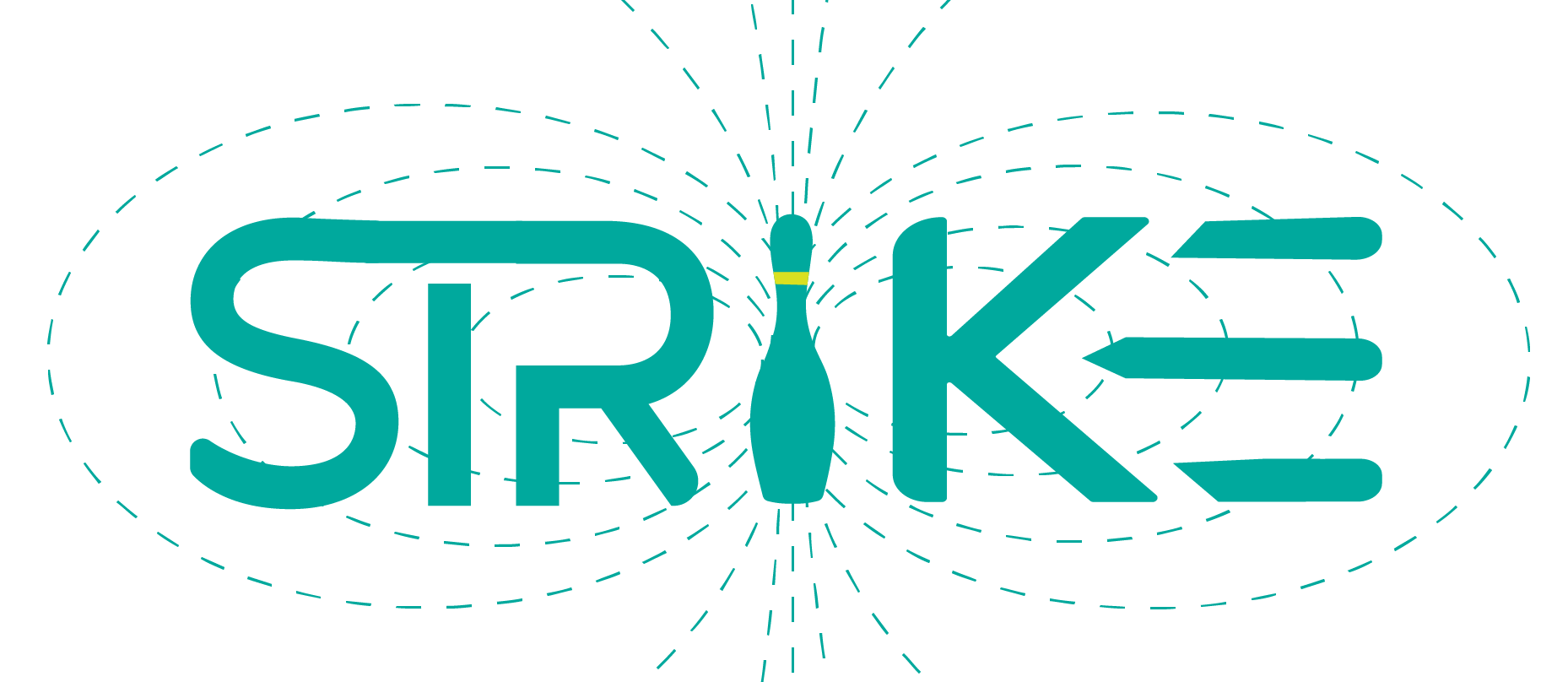The Department of Chemistry address important and complex problems at the interface of chemistry with biology, material science, biotechnology and nanoscience

Research Topics:
• Organic, Pharmaceutical and Medicinal Chemistry
• Physical and Analytical Chemistry
• Biophysical Chemistry
• Inorganic Chemistry4

Research activity of Dr Diego Montagner is inserted in the big area of Bioinorganic Chemistry and it is placed at the interface between inorganic/medicinal chemistry and biology. It is focused on the development of new metal based drugs that could be selectively delivered and accumulated into the tumour cell and that interact with biologically-relevant macromolecules with different mechanism of action.
In particular we are interested in:
1) Pt(IV) prodrug complexes with targeted axial ligands;
2) Cu(II) complexes that interact with the DNA via different pathways;
3) Au(I) carbene complexes as antimicrobial compounds;
4) metal based complexes (Cu(II), Zn(II), Fe(III)) that act as metallo-nuclease enzymes;
5) Nanoplatform as delivery systems for drugs
Key Research Facilities, Infrastructure and Equipment
Advanced synthetic and analytical resources for full production and characterization of new metal-based drugs. The cutting-edge facilities include 500MHz NMR (Bruker), LC-MS, GC-MS, HPLC, Mass Spectrometry, Atomic Absorption, Raman, ATR-FTIR, UV-VIS, SEM, Elemental Analyses. Montagner’s group has a range of dedicated equipment available for chemical synthesis including double manifold Schleck line, freeze dryer, centrifuge, viscosimeter, custom glassware for column chromatography and organic/inorganic purification etc. Montagner’s group design, synthetise and characterise with different spectroscopic techniques (multinuclear NMR, Mass, IR, UV, HPLC, AA) the metal based complexes.
In combination with national and international collaborators the team study and speculate on the mode of action, interaction with biomolecules and cytotoxic activity of the new metal-based drugs.
